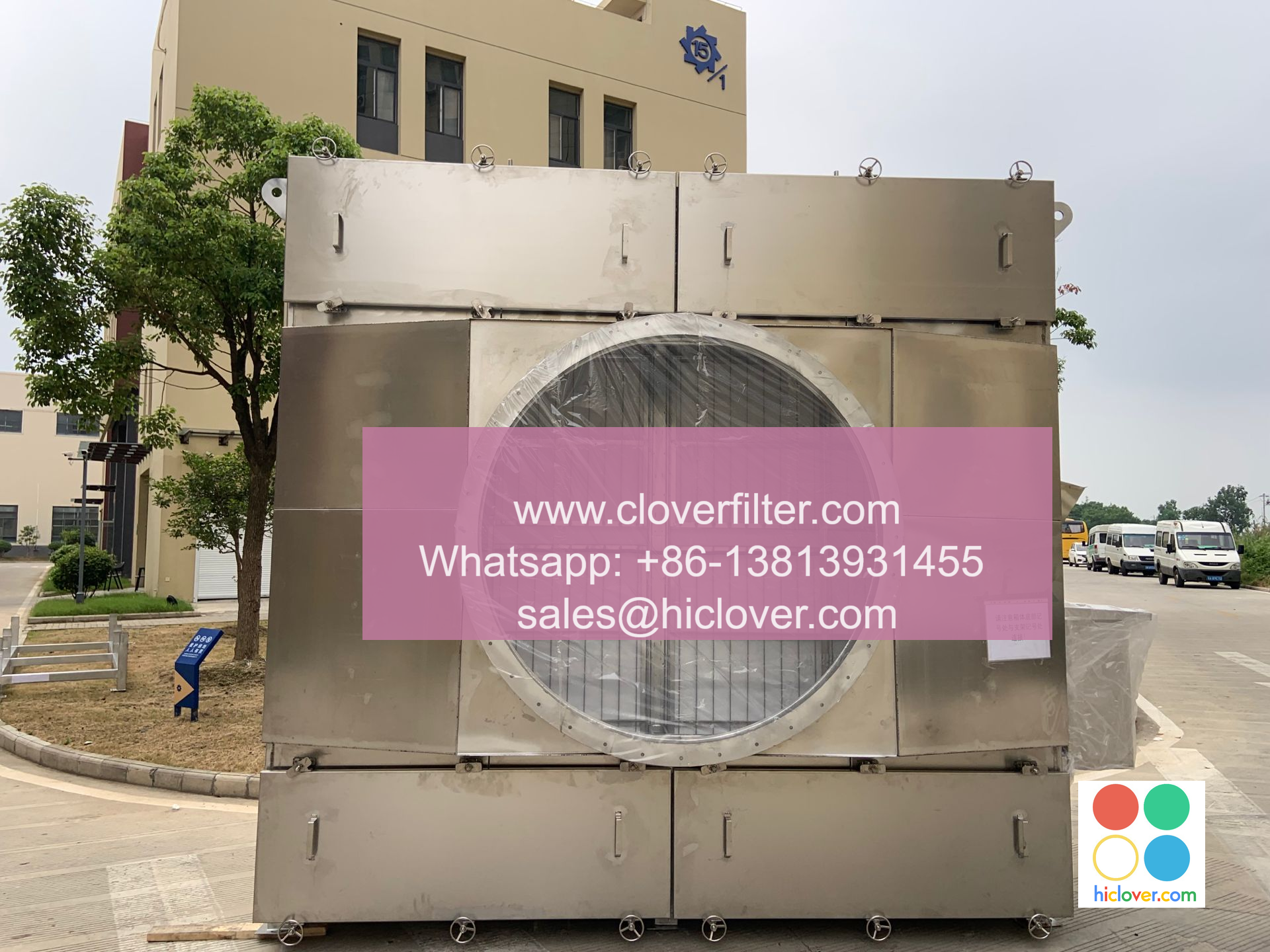The Impact of Air Filter Associations on Air Quality Regulations

Air filter associations play a crucial role in shaping air quality regulations, as they bring together manufacturers, suppliers, and industry experts to promote best practices, advocate for policy changes, and educate consumers about the importance of clean air. In this article, we will explore the impact of air filter associations on air quality regulations, highlighting various application areas, such as indoor air quality (IAQ), outdoor air quality (OAQ), and heating, ventilation, and air conditioning (HVAC) systems.
Introduction to Air Filter Associations
Air filter associations, such as the Air Filter Association (AFA) and the International Association of Air and Water Pollution (IAAWP), are non-profit organizations that aim to improve air quality through the development and promotion of effective air filtration technologies. These associations provide a platform for industry stakeholders to share knowledge, collaborate on research and development, and influence policy decisions related to air quality.
Impact on Air Quality Regulations
Air filter associations have a significant impact on air quality regulations, as they:
* Advocate for stricter emissions standards: Air filter associations work with government agencies to establish and enforce stricter emissions standards for industries, vehicles, and other sources of air pollution.
* Promote air filtration technologies: Associations educate consumers and businesses about the benefits of air filtration technologies, such as high-efficiency particulate air (HEPA) filters, ultraviolet (UV) light disinfection, and activated carbon filtration.
* Develop industry standards: Air filter associations develop and maintain industry standards for air filtration products, ensuring that they meet minimum performance requirements and are safe for use.
* Provide education and training: Associations offer education and training programs for industry professionals, building owners, and consumers on the importance of air quality, air filtration technologies, and best practices for maintaining good IAQ and OAQ.
Application Areas
Air filter associations have a broad impact on various application areas, including:
* Indoor Air Quality (IAQ): Associations promote the use of air filtration technologies in buildings, homes, and other indoor environments to improve IAQ and reduce the risk of respiratory problems and other health issues.
* Outdoor Air Quality (OAQ): Air filter associations advocate for policies and technologies that reduce air pollution from vehicles, industrial sources, and other outdoor sources, improving OAQ and public health.
* Heating, Ventilation, and Air Conditioning (HVAC) Systems: Associations work with manufacturers and building owners to develop and implement efficient HVAC systems that incorporate effective air filtration technologies, reducing energy consumption and improving IAQ.
* Industrial and Commercial Applications: Air filter associations provide guidance and resources for industries, such as manufacturing, healthcare, and food processing, on the selection and use of air filtration technologies to meet regulatory requirements and ensure product quality.
Conclusion
In conclusion, air filter associations play a vital role in shaping air quality regulations and promoting effective air filtration technologies. By advocating for policy changes, developing industry standards, and educating consumers and industry professionals, these associations have a significant impact on various application areas, including IAQ, OAQ, and HVAC systems. As the world continues to urbanize and industrialize, the importance of air filter associations will only continue to grow, highlighting the need for sustained efforts to improve air quality and protect public health. You haven’t provided a question or topic for me to address. Please provide more context or information so I can assist you effectively. What would you like to talk about or ask?

